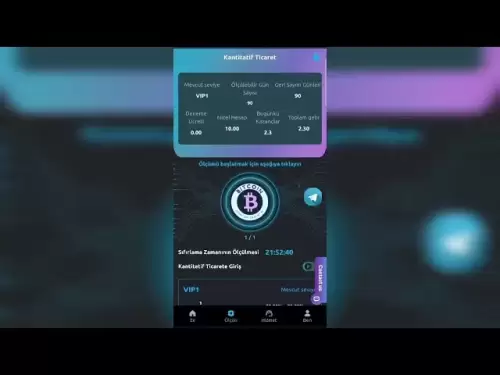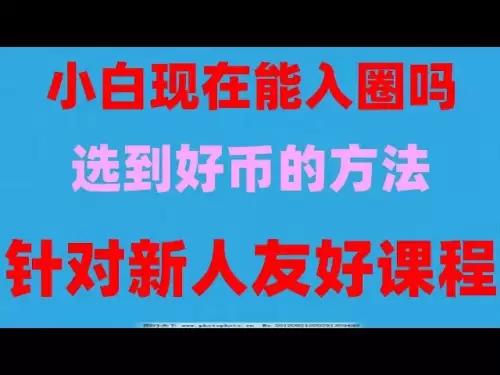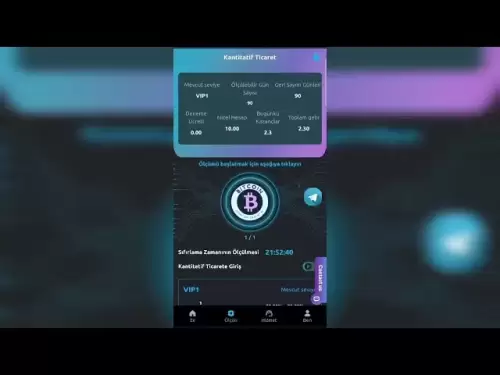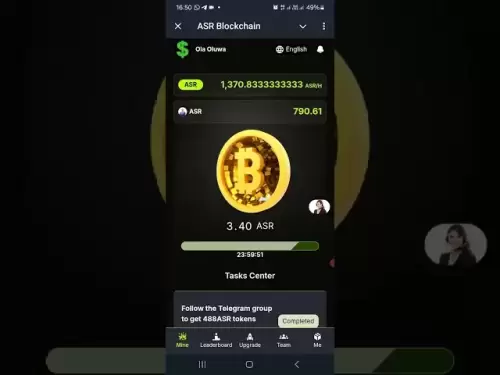-
 Bitcoin
Bitcoin $109,916.9388
2.96% -
 Ethereum
Ethereum $2,586.0057
2.22% -
 Tether USDt
Tether USDt $1.0000
-0.01% -
 XRP
XRP $2.4016
2.15% -
 BNB
BNB $675.6697
3.95% -
 Solana
Solana $174.6786
3.90% -
 USDC
USDC $0.9996
-0.02% -
 Dogecoin
Dogecoin $0.2377
5.24% -
 Cardano
Cardano $0.7764
4.43% -
 TRON
TRON $0.2693
0.17% -
 Sui
Sui $3.9523
2.51% -
 Chainlink
Chainlink $16.2637
3.75% -
 Avalanche
Avalanche $23.4612
4.16% -
 Hyperliquid
Hyperliquid $28.5975
8.49% -
 Stellar
Stellar $0.2951
2.77% -
 Shiba Inu
Shiba Inu $0.0...01501
3.13% -
 Hedera
Hedera $0.1989
2.33% -
 Bitcoin Cash
Bitcoin Cash $413.7641
5.27% -
 UNUS SED LEO
UNUS SED LEO $8.8669
1.04% -
 Toncoin
Toncoin $3.1204
1.74% -
 Polkadot
Polkadot $4.7879
2.21% -
 Litecoin
Litecoin $97.8491
3.57% -
 Monero
Monero $392.4796
11.86% -
 Bitget Token
Bitget Token $5.2437
1.65% -
 Pi
Pi $0.8416
11.10% -
 Pepe
Pepe $0.0...01394
5.60% -
 Dai
Dai $0.9998
-0.01% -
 Ethena USDe
Ethena USDe $1.0004
-0.02% -
 Bittensor
Bittensor $455.2543
9.83% -
 Uniswap
Uniswap $6.3704
5.72%
What is the consensus mechanism of Sol coin?
In Solana's Proof-of-Stake (PoS) consensus system, validators with larger SOL holdings have greater influence in validating new blocks, enhancing network security and promoting responsible behavior.
Feb 03, 2025 at 08:18 pm
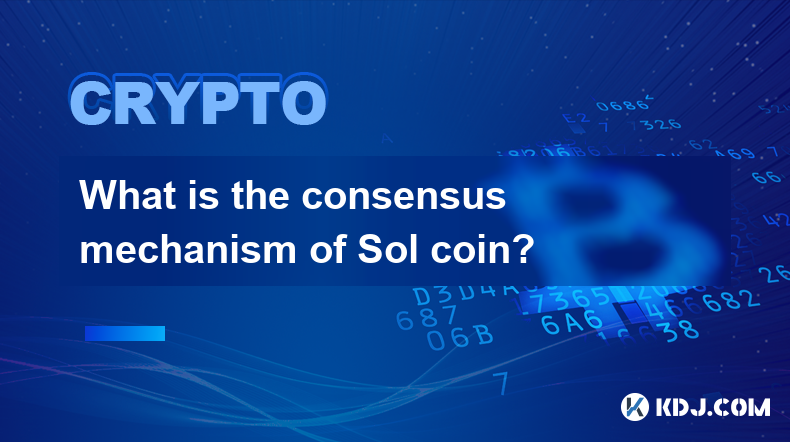
Key Points:
- Overview of the Sol coin consensus mechanism
- Importance and advantages of Proof-of-Stake (PoS) consensus
- Key differences between PoS and other consensus mechanisms
- How PoS contributes to the security and efficiency of the Solana blockchain
- Potential considerations and implications of PoS consensus for Sol coin
Article Content:
Proof-of-Stake (PoS) Consensus Mechanism
Sol coin adopts the Proof-of-Stake (PoS) consensus mechanism, a fundamental element underpinning the operation and integrity of the Solana blockchain. PoS is a validation process where validators are selected based on their stake (holding) in the network's native cryptocurrency, SOL. The more SOL a validator holds, the higher their chances of being chosen to validate new blocks of transactions and add them to the blockchain.
Advantages of PoS in Solana:
- Energy Efficiency: PoS eliminates the intensive computation required by energy-intensive Proof-of-Work (PoW) mechanisms.
- Scalability: PoS's resource-efficient approach allows the Solana blockchain to handle a higher volume of transactions without compromising speed or security.
- Cost-Effectiveness: PoS significantly reduces the electricity consumption and hardware expenses associated with PoW, resulting in cost savings for validators.
- Security: Validators with larger stakes have a vested interest in maintaining the integrity of the network, deterring malicious actors and promoting transparency.
- Stake Pooling: PoS enables stakeholders to delegate their voting power to staking pools, ensuring participation even with smaller solana holdings.
Key Differences: PoS vs. Other Consensus Mechanisms
Compared to other consensus mechanisms like PoW, PoS offers several key advantages:
- PoS eliminates the competitive "race" for block discovery seen in PoW, reducing energy consumption and hardware requirements.
- PoS validators are more evenly distributed, increasing the decentralization of the network compared to PoW's concentration of mining power in a few large pools.
- PoS incentivizes long-term investment in the network as validators must hold their stakes to participate in block validation, fostering stability and commitment.
Implications of PoS for Sol coin
- Improved Network Efficiency: PoS enables Solana to handle a high throughput of transactions with fast confirmation times, making it an ideal choice for DeFi and Web3 applications.
- Increased Accessibility: PoS reduces the barriers to entry for aspiring validators, allowing smaller stakeholders to participate and contribute to network security.
- Long-Term Viability: PoS aligns incentives with network integrity, promoting responsible behavior among validators and ensuring the sustainable growth of the Solana ecosystem.
FAQs:
Q: What are the technical details of PoS in Solana?
A: Solana utilizes a specific implementation of PoS known as "Tower Byzantine Fault Tolerance" (tBFT), a variant of HoneyBadger BFT, to achieve consensus among validators.
Q: How is block validation performed in Solana's PoS system?
A: Validators are chosen randomly based on their stake. Once selected, the validator proposes a new block for verification by other nodes. If two-thirds of validators agree on the validity of the block, it is added to the blockchain.
Q: What are the rewards for validators in Sol coin?'
A: Validators who successfully add blocks to the blockchain receive a block reward paid in SOL. They also receive transaction fees associated with the blocks they validate.
Q: How can I participate as a validator in Solana's PoS system?
A: To become a validator, you must maintain a minimum stake of SOL and run a validating node that meets Solana's hardware and software requirements.
Q: Is PoS a secure consensus mechanism for Sol Coin?
A: PoS is considered a secure consensus mechanism due to its economic incentives and distributed nature, making it challenging for malicious actors to compromise the network.
Disclaimer:info@kdj.com
The information provided is not trading advice. kdj.com does not assume any responsibility for any investments made based on the information provided in this article. Cryptocurrencies are highly volatile and it is highly recommended that you invest with caution after thorough research!
If you believe that the content used on this website infringes your copyright, please contact us immediately (info@kdj.com) and we will delete it promptly.
- Sui Price Prediction: Riding the Wave of Growing Adoption
- 2025-05-22 09:10:13
- Ethereum (ETH) Supply on Exchanges Hits All-Time Low—A Bullish Signal?
- 2025-05-22 09:10:13
- Ethereum (ETH) Could Reach $11,340 If Bitcoin Rallies Past $378K
- 2025-05-22 09:05:13
- Canary Capital Updates S-1 Registration for Its Proposed Spot Solana ETF, Renaming It the 'Canary Marinade Solana ETF'
- 2025-05-22 09:05:13
- Bitcoin (BTC) Has Officially Shattered Records, Reaching an All-Time High of $109,721
- 2025-05-22 09:00:13
- A Sudden Wave of Regulatory Clarity and Technological Breakthroughs Has Sent Ripples Across Global Cryptocurrency Markets
- 2025-05-22 09:00:13
Related knowledge
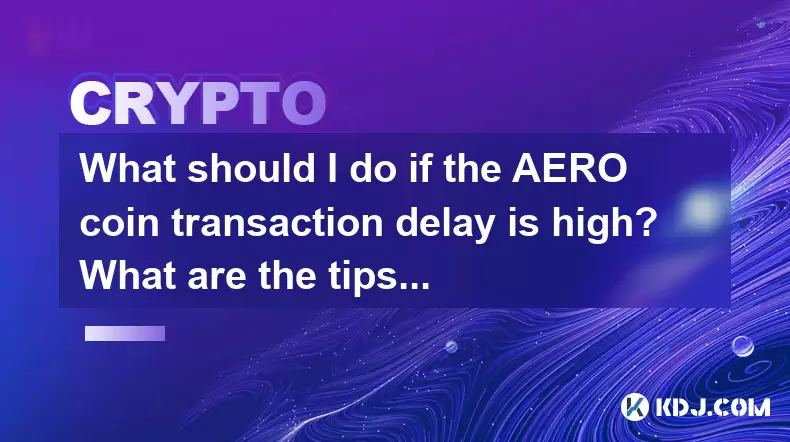
What should I do if the AERO coin transaction delay is high? What are the tips for network optimization?
May 21,2025 at 07:35am
If you are experiencing high transaction delays with AERO coins, there are several steps you can take to understand and mitigate the issue. Transaction delays can be caused by various factors, including network congestion, wallet issues, or problems with the blockchain itself. In this article, we will explore the reasons behind high transaction delays a...
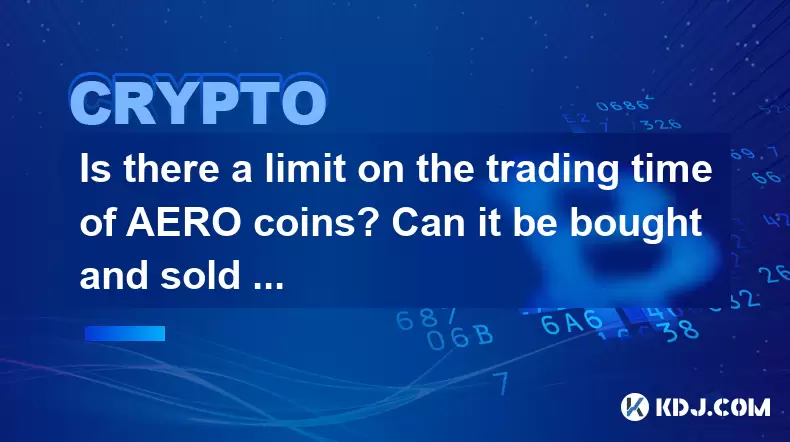
Is there a limit on the trading time of AERO coins? Can it be bought and sold 24 hours a day?
May 21,2025 at 01:21am
The AERO coin, like many other cryptocurrencies, operates on a decentralized network, which means it is not bound by traditional market hours. This raises the question of whether there is a limit on the trading time of AERO coins and if they can be bought and sold 24 hours a day. In this article, we will explore the trading availability of AERO coins, t...
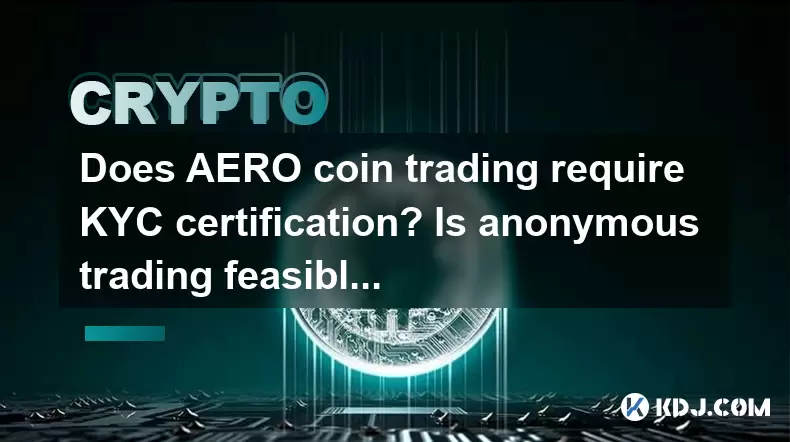
Does AERO coin trading require KYC certification? Is anonymous trading feasible?
May 21,2025 at 05:14am
Introduction to AERO CoinAERO coin is a cryptocurrency that has garnered attention within the crypto community for its potential and features. As with many digital assets, one of the key concerns for traders is the level of privacy and anonymity they can maintain while trading. This article will delve into whether trading AERO coin requires KYC (Know Yo...
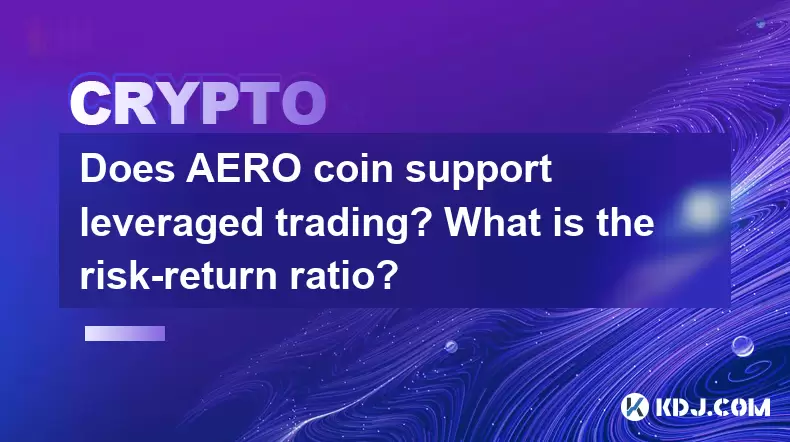
Does AERO coin support leveraged trading? What is the risk-return ratio?
May 21,2025 at 07:49am
Introduction to AERO CoinAERO coin, also known as Aergo, is a blockchain platform designed to facilitate the development and deployment of decentralized applications (dApps). It aims to bridge the gap between public and private blockchains, offering a hybrid solution that provides the benefits of both. While AERO coin itself does not directly support le...
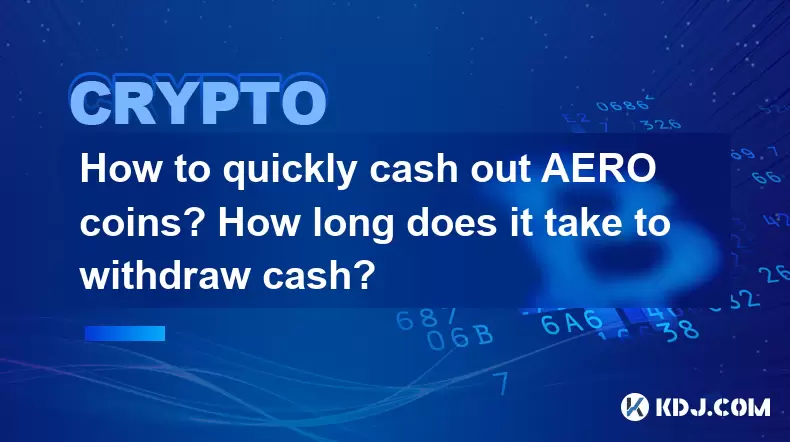
How to quickly cash out AERO coins? How long does it take to withdraw cash?
May 21,2025 at 10:08pm
Cashing out your AERO coins can be a straightforward process if you follow the right steps. AERO, also known as Aergo, is a blockchain platform designed to help businesses build and deploy blockchain applications. When it comes to cashing out, there are several methods available, each with its own set of procedures and timelines. In this article, we'll ...
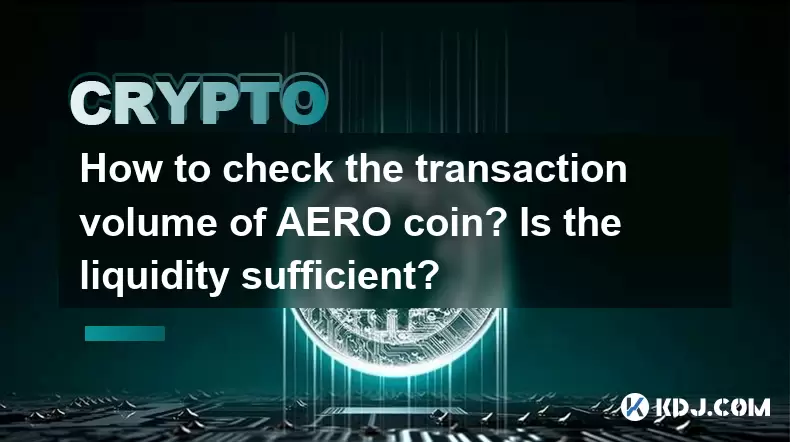
How to check the transaction volume of AERO coin? Is the liquidity sufficient?
May 20,2025 at 08:49pm
To understand the transaction volume and liquidity of AERO coin, it's important to delve into various aspects such as where to find the data, how to interpret it, and what it means for the coin's overall health. In this article, we'll explore these topics in detail, ensuring you have a comprehensive guide to assessing AERO coin's market activity. Where ...

What should I do if the AERO coin transaction delay is high? What are the tips for network optimization?
May 21,2025 at 07:35am
If you are experiencing high transaction delays with AERO coins, there are several steps you can take to understand and mitigate the issue. Transaction delays can be caused by various factors, including network congestion, wallet issues, or problems with the blockchain itself. In this article, we will explore the reasons behind high transaction delays a...

Is there a limit on the trading time of AERO coins? Can it be bought and sold 24 hours a day?
May 21,2025 at 01:21am
The AERO coin, like many other cryptocurrencies, operates on a decentralized network, which means it is not bound by traditional market hours. This raises the question of whether there is a limit on the trading time of AERO coins and if they can be bought and sold 24 hours a day. In this article, we will explore the trading availability of AERO coins, t...

Does AERO coin trading require KYC certification? Is anonymous trading feasible?
May 21,2025 at 05:14am
Introduction to AERO CoinAERO coin is a cryptocurrency that has garnered attention within the crypto community for its potential and features. As with many digital assets, one of the key concerns for traders is the level of privacy and anonymity they can maintain while trading. This article will delve into whether trading AERO coin requires KYC (Know Yo...

Does AERO coin support leveraged trading? What is the risk-return ratio?
May 21,2025 at 07:49am
Introduction to AERO CoinAERO coin, also known as Aergo, is a blockchain platform designed to facilitate the development and deployment of decentralized applications (dApps). It aims to bridge the gap between public and private blockchains, offering a hybrid solution that provides the benefits of both. While AERO coin itself does not directly support le...

How to quickly cash out AERO coins? How long does it take to withdraw cash?
May 21,2025 at 10:08pm
Cashing out your AERO coins can be a straightforward process if you follow the right steps. AERO, also known as Aergo, is a blockchain platform designed to help businesses build and deploy blockchain applications. When it comes to cashing out, there are several methods available, each with its own set of procedures and timelines. In this article, we'll ...

How to check the transaction volume of AERO coin? Is the liquidity sufficient?
May 20,2025 at 08:49pm
To understand the transaction volume and liquidity of AERO coin, it's important to delve into various aspects such as where to find the data, how to interpret it, and what it means for the coin's overall health. In this article, we'll explore these topics in detail, ensuring you have a comprehensive guide to assessing AERO coin's market activity. Where ...
See all articles




















